Depictions of the future are often incredibly divisive. On the one hand, we have the ‘promise of technology’; a future where society thrives in tandem with technology. And, on the other, an almost apocalyptic picture of humanity at war with technology. Yet, despite the numerous films and novels about technology leading to the extinction of the human race, we somehow find ourselves edging deeper into this dystopia.
Over the past few decades, technology has advanced at unprecedented rates. Less than 10 years ago, we were amazed at Blackberrys ability to both make phone calls and browse the web. Now we have technology that can track our sleep cycles and give directions, all from a watch on our wrist. Though technology has made life more convenient, and improved many fields of work, over the past few months, its rapid growth has left us questioning: will technology’s rise ruin or save humanity?
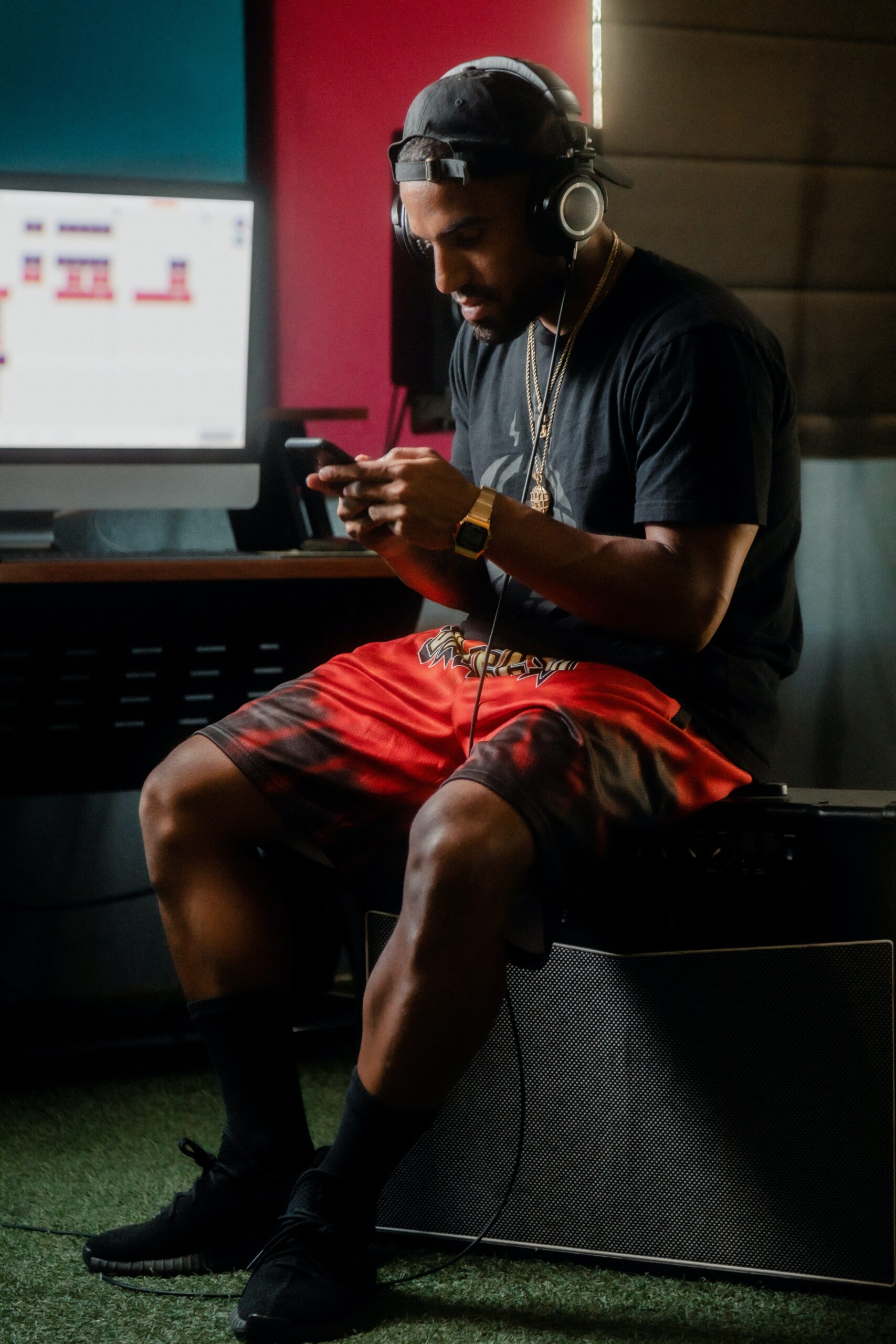
Photography by Soundtrap
In a recent report, Goldman Sachs explored the impacts of Artificial Intelligence (AI) on our economy, and predicted that 300 million jobs will be lost to rising technology. They argue that some jobs will be lost entirely, while others will simply be complemented by technology.
While, throughout history, the loss of jobs has usually been offset by the creation of jobs, the fear of growing AI does not lie only in the loss of work. AI’s capabilities seem to be growing at a rate faster than we can even comprehend.
Many of these programmes are built on self-improvement, meaning that, without human interference, these programmes are able to become more accurate and efficient. This is also the first time technology has threatened to replace the work of educated professionals. But more than that, generative artificial intelligence is threatening to take over jobs in the creative industry.
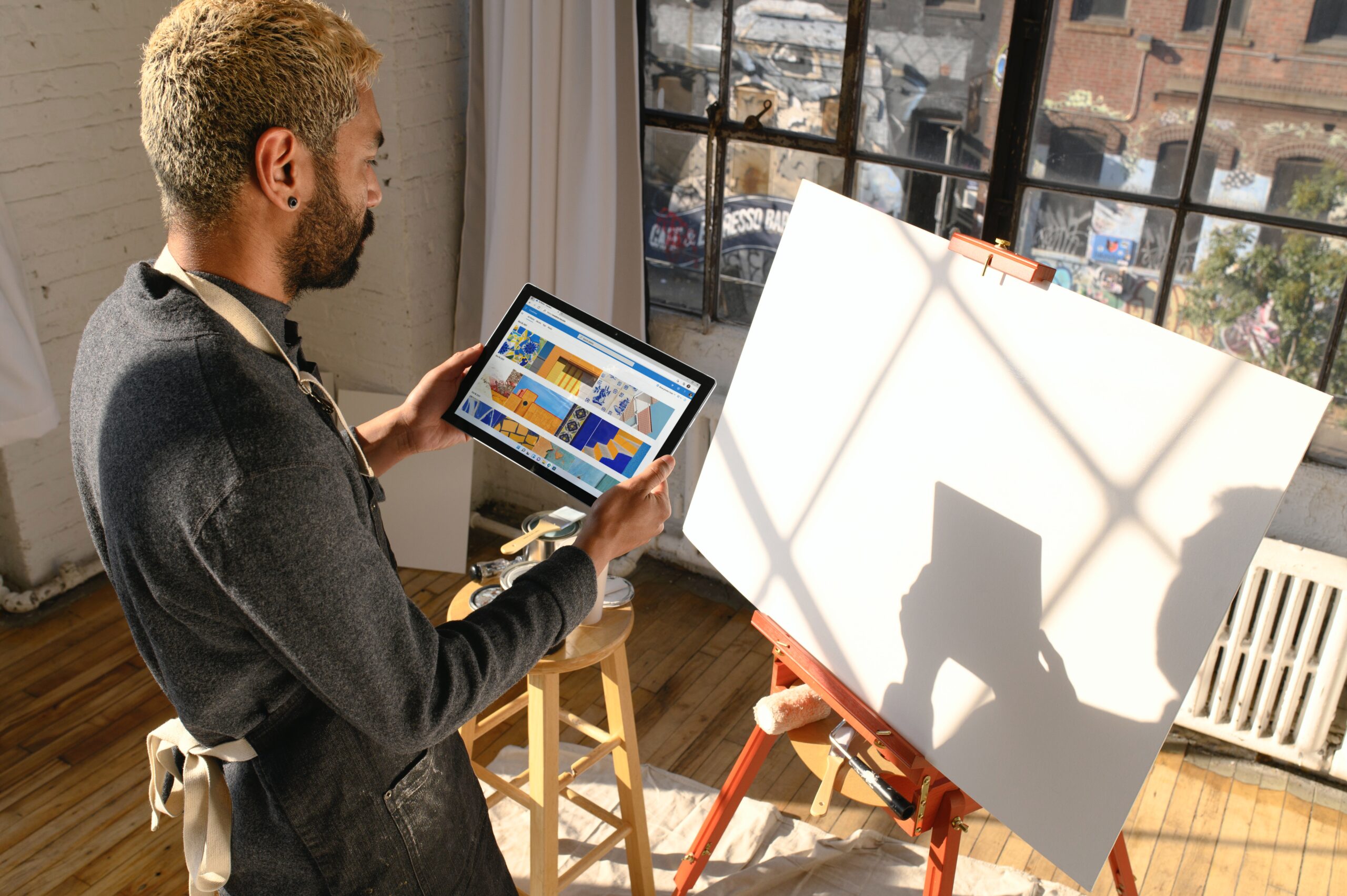
Photograph courtesy of Microsoft 365
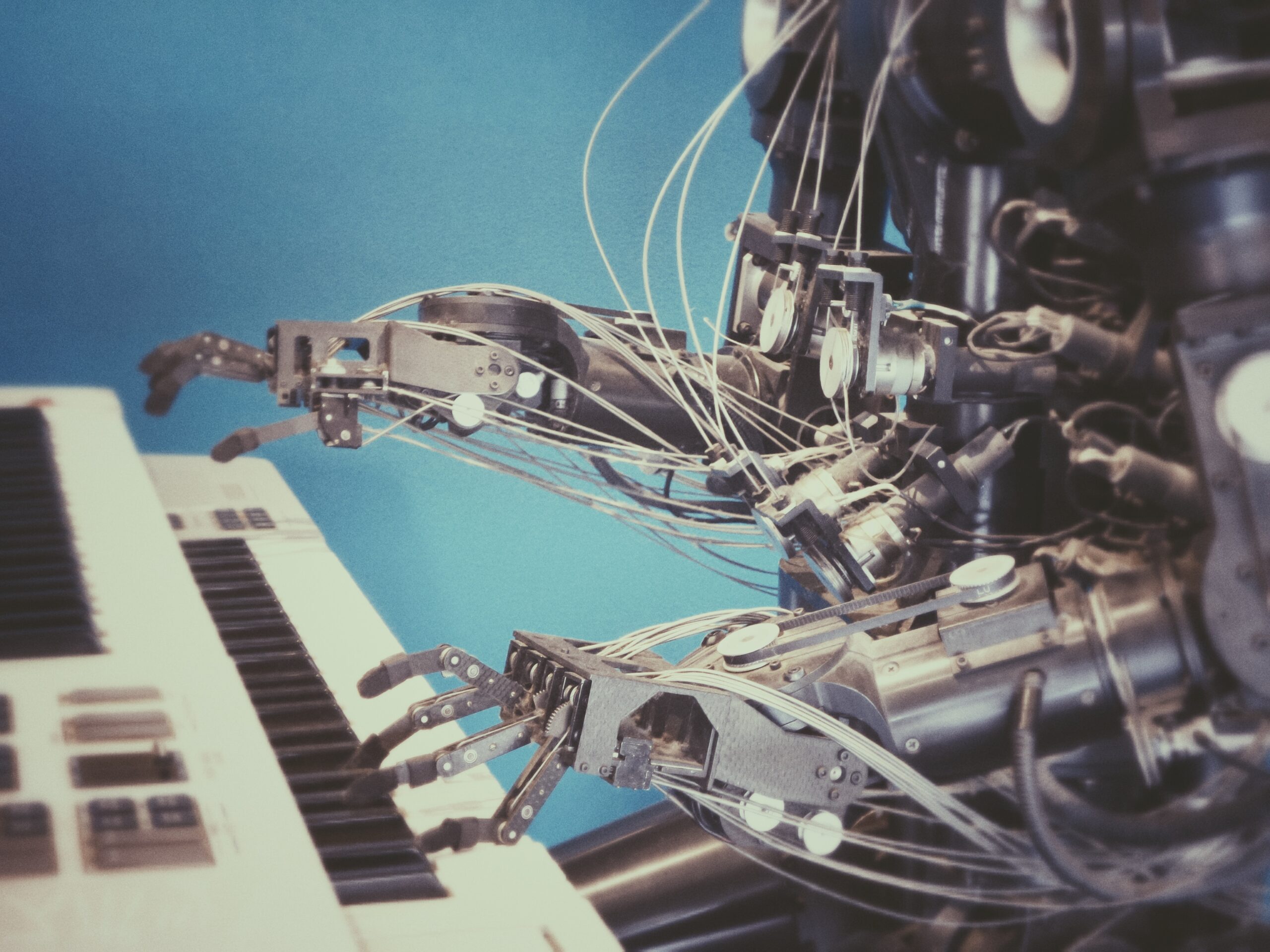
Image courtesy of Possessed Photography
Last month, the Writers Guild of America, the labour union representing writers in film, television and radio, went on strike. The strike, which remains ongoing, is focused on ensuring the jobs of writers in the industry, as AI technology threatens to replace writers entirely.
Generative Artificial intelligence such as ChatGPT and DALL-E proposed a seemingly innocent solution to providing succinct, accurate information and democratising creative work, but soon turned into a looming threat over careers in the creative industry, and humanity altogether. For decades, we believed that creative jobs could never be replaced. But when these tools were launched this year, it became clear that not even the creative industry is safe from AI.
Artificial Intelligence, as it exists currently, does not threaten to take over creative jobs, as many of these tools are still relatively primitive. But the growth of this technology is unprecedented, and in a couple years, possibly even months, AI could be more efficient and advanced than we could possibly perceive it to be.
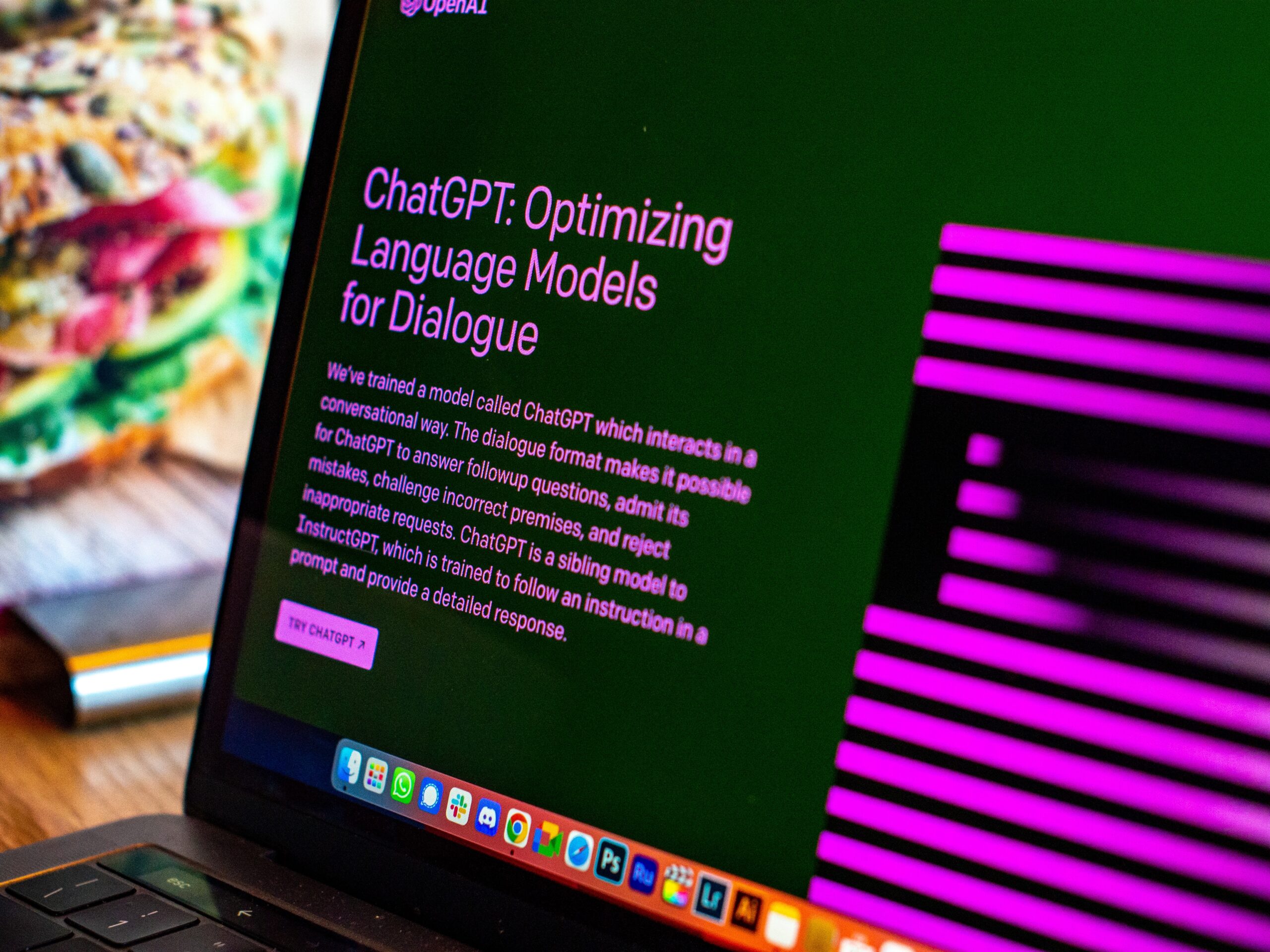
Photography by Emiliano Vittoriosi
Though this threat stretches across the globe, for developing nations, dealing with raging inequality, joblessness and poor education, we’re left wondering what role AI will play in these economies. For South Africa, a country with unemployment levels rising every year, AI’s threat on many careers creates greater anxiety about our economy and the job security of our people.
Beyond that, AI replacing jobs could possibly deepen the divide between the rich and poor. While most of the developments in AI technology is occurring in the west, the effects of AI replacing jobs is far reaching. Especially as the developed world outsources many “low-skill” jobs in tech or admin, to the Global South, AI taking over these jobs could have immense repercussions for our economies.
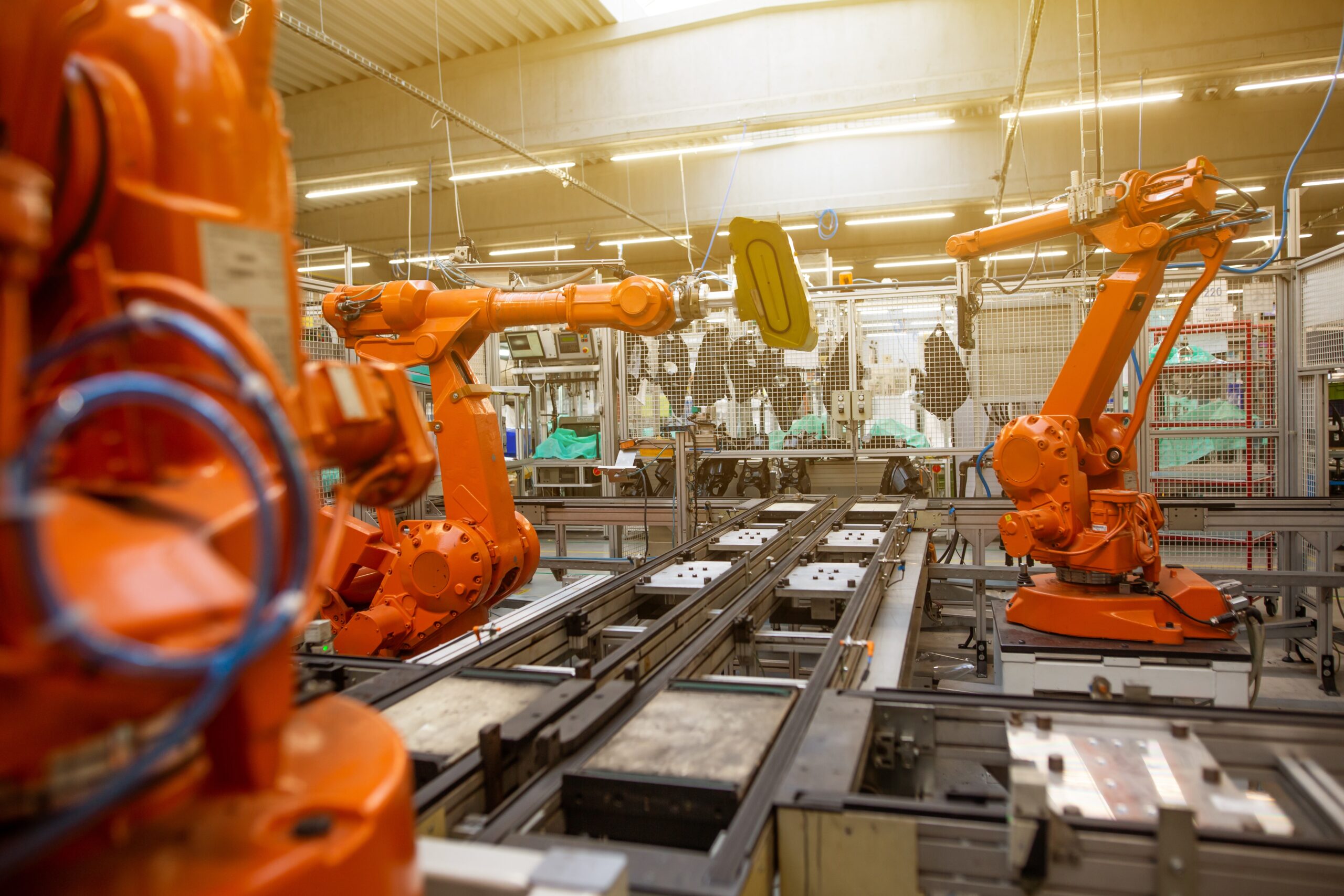
Photography by Simon Kadula
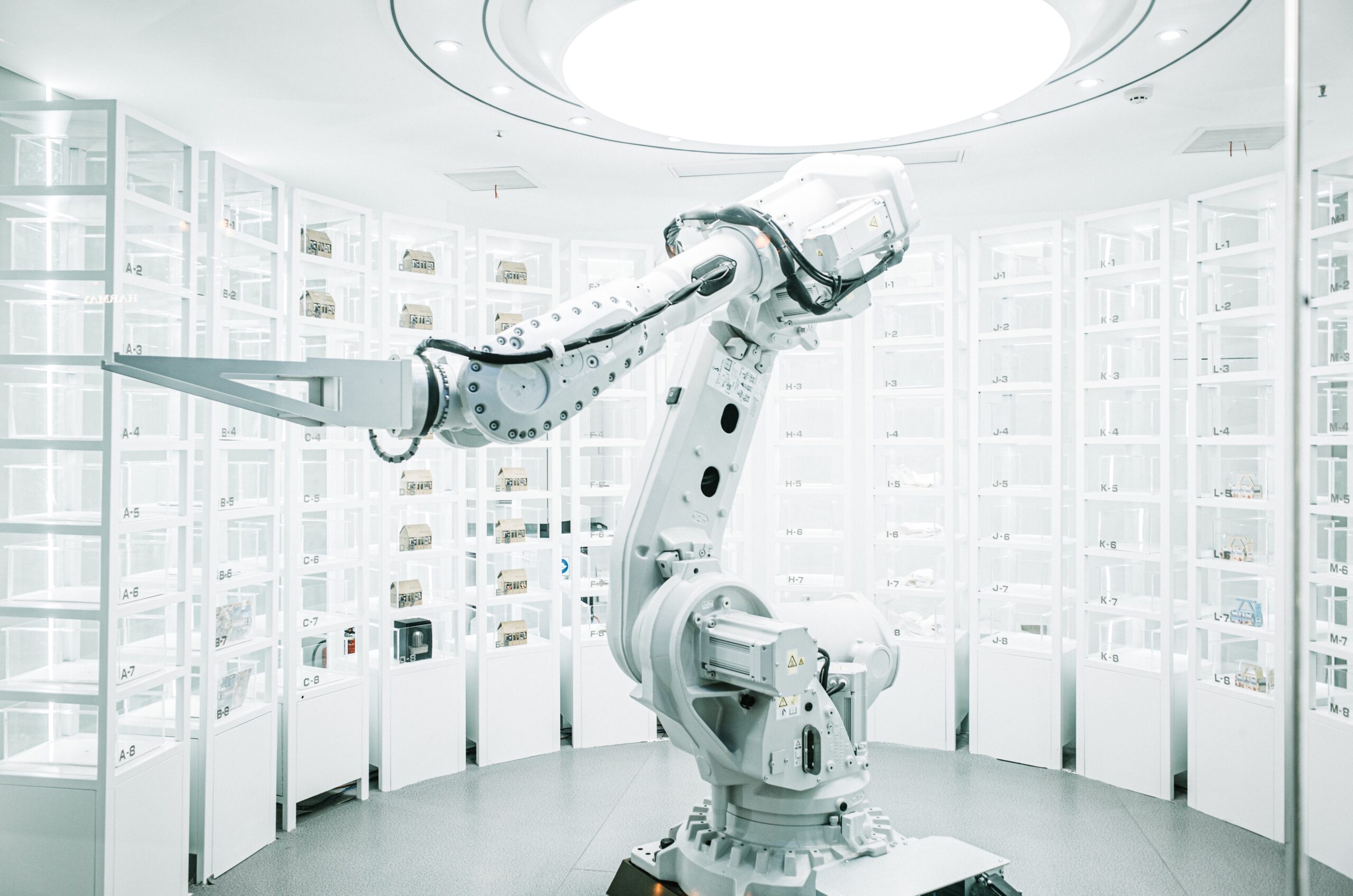
Photography by Zhenyu Luo
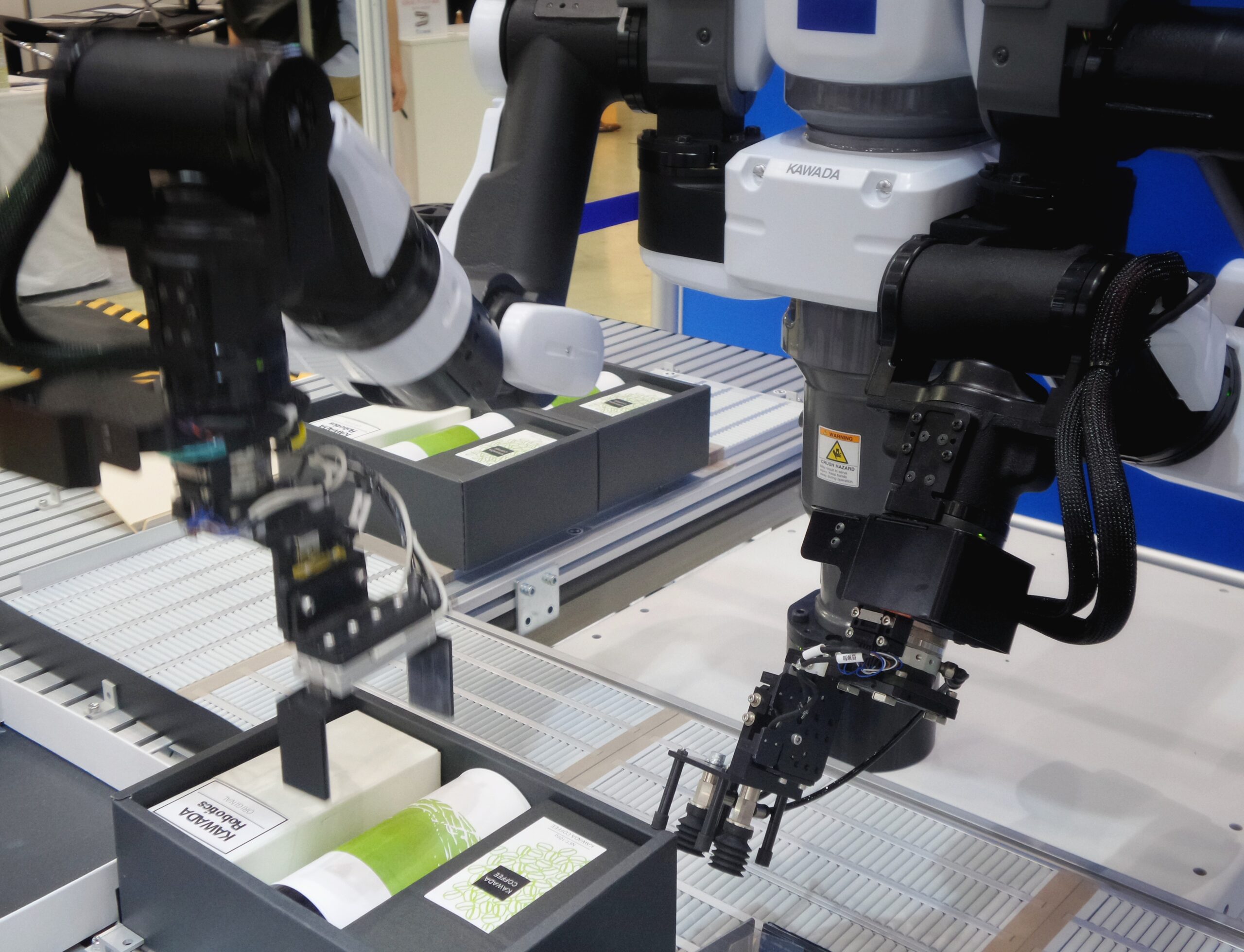
Photograph courtesy of Possessed Photography
The recent developments of AI feel like a scene taken out of Blade Runner 2049 (2017). But what was once an entertaining, yet terrifying, story that felt too impossible to be believable, now feels like an almost eerily prescient glimpse into our future.
“Within every dystopia, there’s a little utopia,” Margaret Atwood, author of The Handmaid’s Tale (1985), once said. Technological advances promise to make life easier, but recent developments have left us wondering who will gain or lose from AI. Or, in other words, for whom will this be a utopia, and whom will it be a dystopia?
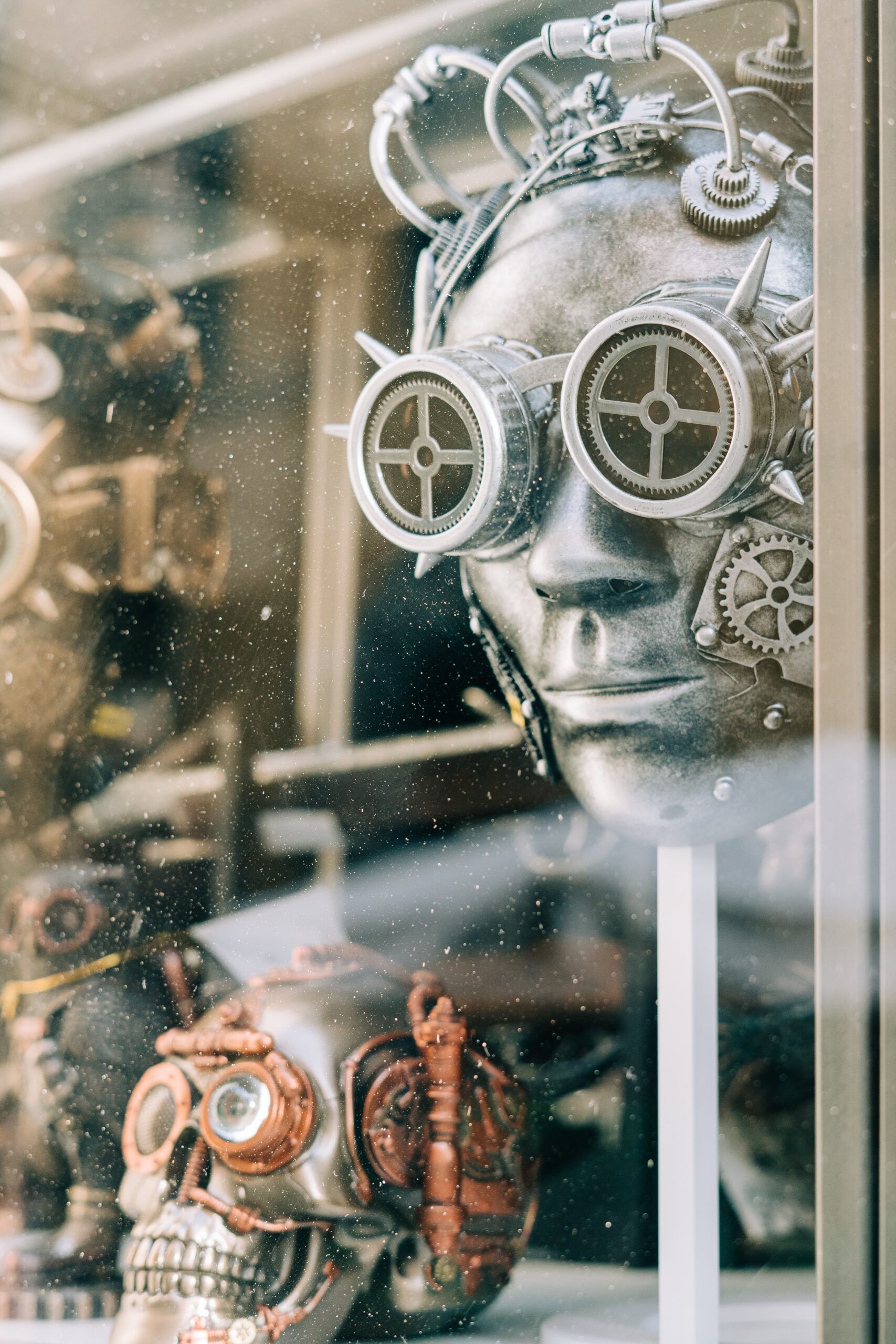
Photography by Gabriella Clare Marino
*Thumbnail photography by Boitumelo Phetla



















































